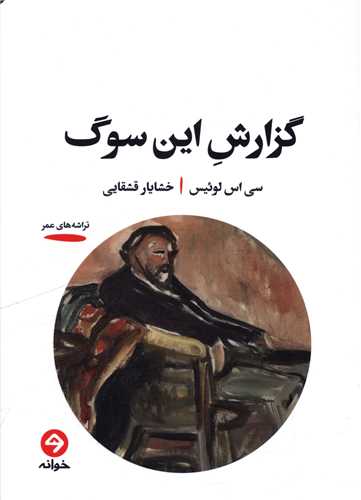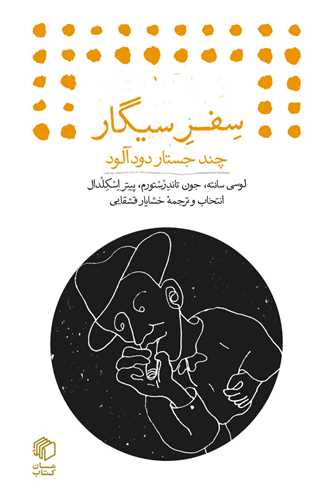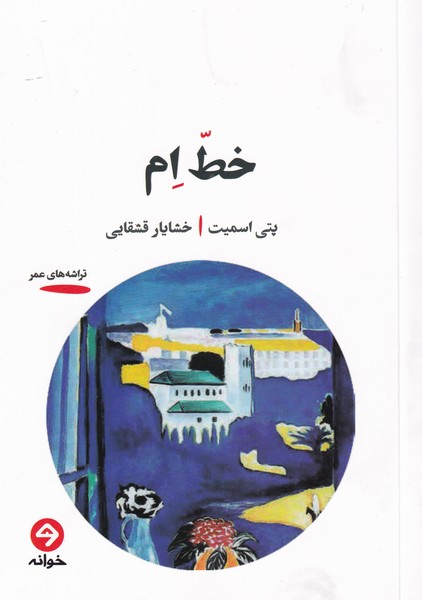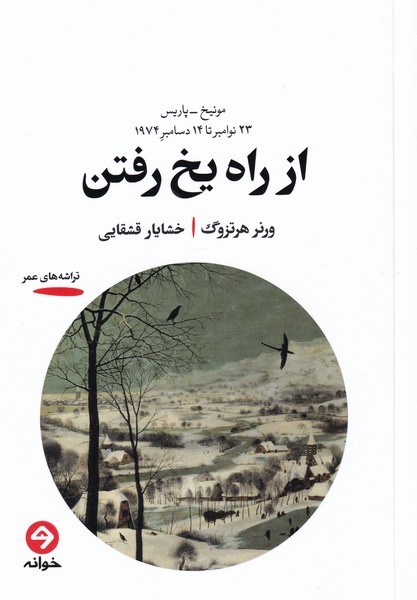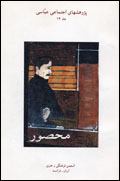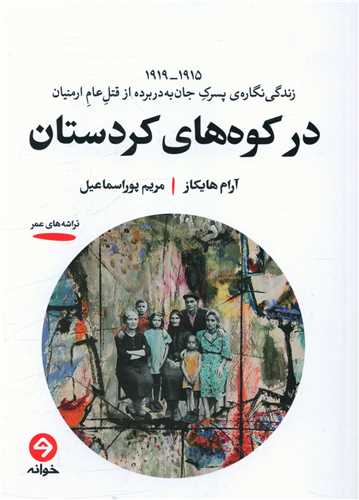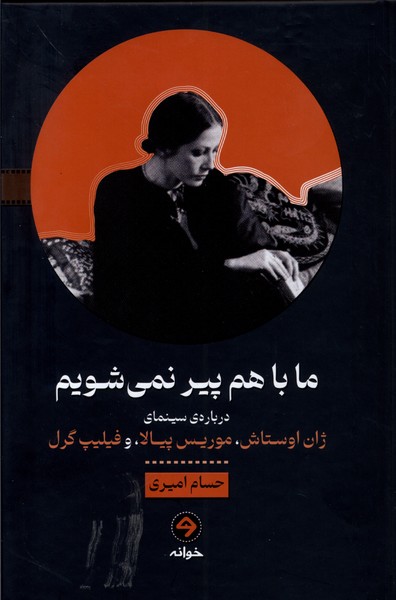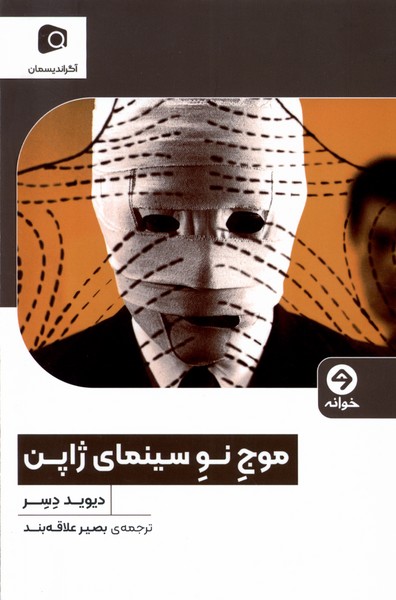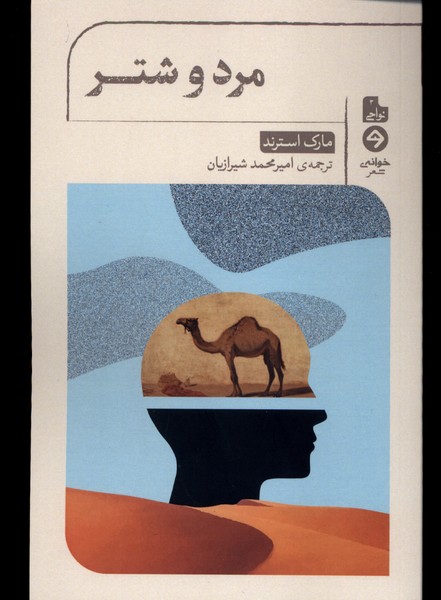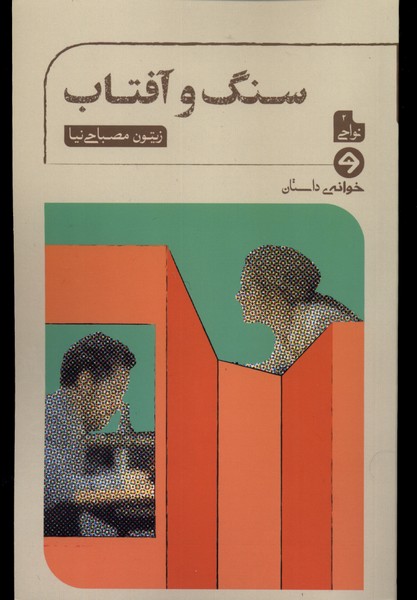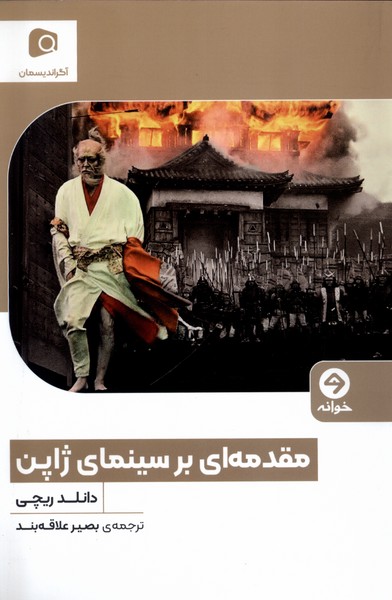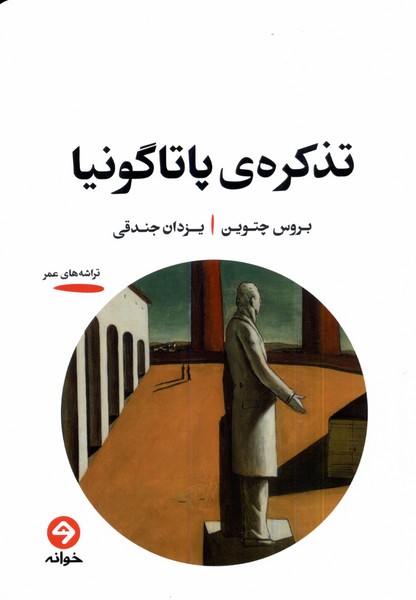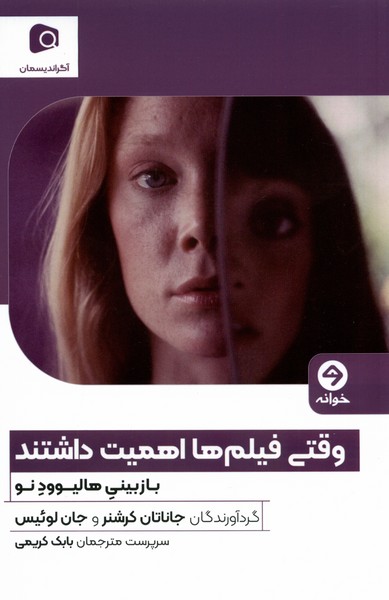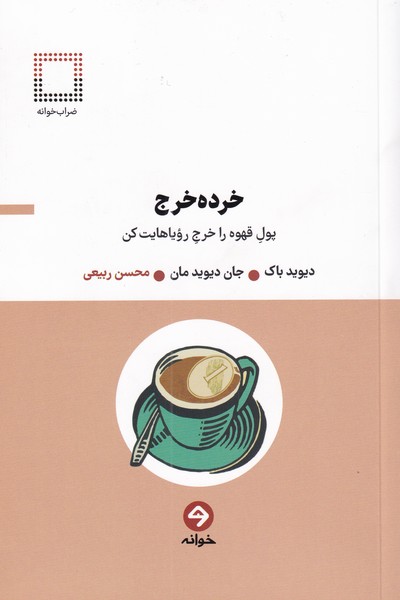Guzārish-i īn Sūg: Persiska (Farsi) 1403
گزارش این سوگ
15,02 $
Dela
Wishlist
Originaltitel:
A Grief Observed
ISBN:
9786229037027
Översättare:
Khashāyār Qashqāyī
Förlag:
khvanah
Åldersgrupp:
Vuxen
Sidor:
80
Vikt:
80 g
Produktmått:
14 x 21 x 0
,
9 cm
Bokomslag:
Pocketbok
Written with love, humility, and faith, this brief but poignant volume was first published in 1961 and concerns the death of C. S. Lewis's wife, the American-born poet Joy Davidman. In her introduction to this new edition, Madeleine L'Engle writes: "I am grateful to Lewis for having the courage to yell, doubt, kick at God in angry violence. This is a part of healthy grief which is not often encouraged. It is helpful indeed that C. S. Lewis, who has been such a successful apologist for Christianity, should have the courage to admit doubt about what he has so superbly proclaimed. It permits us to admit our doubts, our anger, and anguishes, and to know that they are part of the soul's growth."
Written in longhand in notebooks that Lewis found in his home, A Grief Observed probes the "mad midnight moments" of Lewis's mourning and loss, moments in which he questioned what he had previously believed about life and death, marriage, and even God. Indecision and self-pity assailed Lewis. "We are under the harrow and can't escape," he writes. "I know that the thing I want is exactly the thing I can never get. The old life, the jokes, the drinks, the arguments, the lovemaking, the tiny, heartbreaking commonplace." Writing A Grief Observed as "a defense against total collapse, a safety valve," he came to recognize that "bereavement is a universal and integral part of our experience of love."
Lewis writes his statement of faith with precision, humor, and grace. Yet neither is Lewis reluctant to confess his continuing doubts and his awareness of his human frailty. This is precisely the quality that suggests that A Grief Observed may become "among the great devotional books of our age."
more
خود اچ اصلا اگر بود راجع به این دفترچهی یادداشت خجالتآوری که دم به دقیقه هم به آن بازمیگردم چه فکری میکرد؟ این خطخطیهای پاکلاغی حاکی از مرض نیست؟ یک بار جملهای خواندهام که «تمام شب درازکش از درد دندان بیدارم، در فکر دنداندرد و بیداری درازکش.» عین زندگی است. پارهای از هر فلاکتی به قولی سایهی آن فلاکت یا انعکاس آن فلاکت است: این واقعیت که درد تنها نمیکشی، بلکه باید به واقعیت آنکه درد میکشی هم مدام فکر بکنی. نه فقط هر روز تمامنشدنی را در سوگ که هر روز را در فکر کردن به سر کردن هر روزه در سوگ سر میکنم.
گزارش این سوگ کتاب عادی نیست. به یک معنا، اصلا کتاب نیست؛ بیشتر نتیجهی تند خشمانهی روی کردن مردی است به آلامش، به وارسی آنها تا فهم بهتری بیابد این زندگی چه طلب دارد از مایی که باید باختن دلبندانمان را، درد و اندوه ناشی از آن را به انتظار بنشینیم. حقیقت دارد اگر بگوییم انگشتشمار آدمی میتوانسته این کتاب را بنویسد. حقیقت بیشتر دارد اگر بگوییم انگشتشمارتر آدمی آن را مینوشته حتی اگر میتوانسته و باز انگشتشمارتر آدمی انتشارش میداده حتی اگر آن را مینوشته.
more

